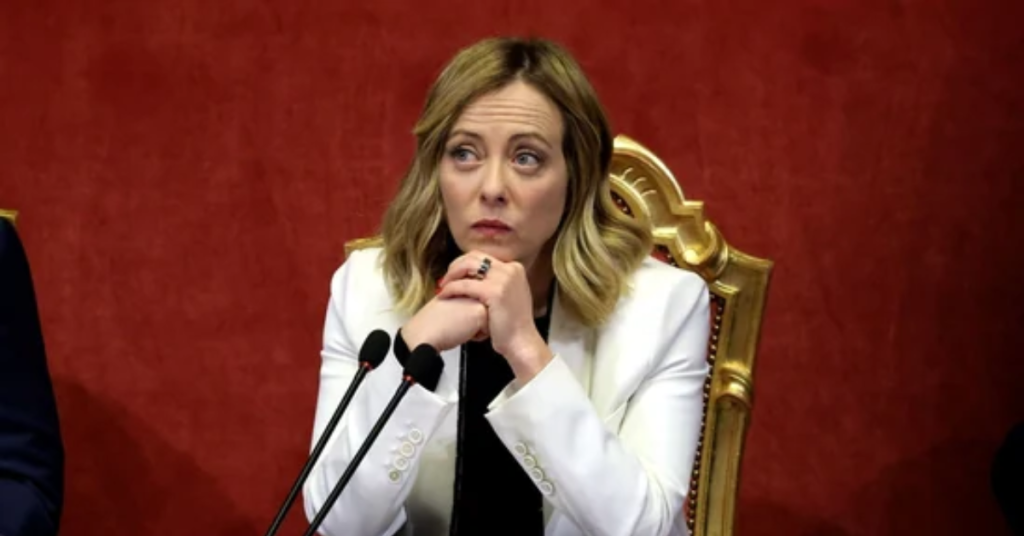Italy’s Prime Minister, Giorgia Meloni, is pursuing over $100,000 in damages following the emergence of deepfake videos. Ms. Meloni is set to provide testimony before a court on July 2nd.
Allegedly, individuals produced and disseminated pornographic deepfake videos featuring Ms. Meloni. Investigators assert that the accused parties superimposed her face onto another individual’s body before uploading the content online.Charged with defamation are a 40-year-old man and his 73-year-old father
Police indicate that they traced the perpetrators through the smartphone utilized for uploading the videos. The deepfake video in question was created in 2022, predating Ms. Meloni’s appointment as Prime Minister.
It’s worth noting that some defamation cases in Italy carry criminal implications, potentially leading to imprisonment. Scheduled to appear before the court on July 2nd, Ms. Meloni will provide her testimony.
The indictment alleges that the videos were posted on a pornographic website based in the United States and garnered millions of views over several months.
Italian PM’s Symbolic Damages Support Abuse Victims
The legal representatives of the Italian Prime Minister clarified that the damages request was “symbolic.” They further explained that Ms. Meloni intends to donate the entire amount to “aid women who have suffered from male violence.” Maria Giulia Marongiu, Ms. Meloni’s attorney, emphasized that seeking compensation would “empower women who are victims of such abuses of power to come forward without fear of repercussions.”
A deepfake refers to synthetic media employing artificial intelligence to manipulate or create visual and audio content. Frequently driven by malicious intent, these creations aim to appear genuine.
Origins of Deepfake: Evolution of AI-Generated Content
According to MIT, the term “deepfake” first surfaced in late 2017 when a Reddit user named “deepfake” created a platform for sharing pornographic videos generated using open-source face-swapping technology. Deepfake employs artificial intelligence (AI) to produce images or videos that mimic real occurrences, utilizing a type of AI known as deep learning. Over time, deepfakes have evolved to become increasingly realistic and widespread, thanks to advancements in artificial intelligence technology.
Deepfakes pose a significant threat to public trust and truthfulness. These sophisticated tools are adept at disseminating misinformation, manipulating public sentiment, and tarnishing reputations by generating convincing audio and video recordings of individuals engaging in actions or uttering words they never actually did. Numerous global leaders have voiced apprehension over the escalating prevalence of deepfakes.
